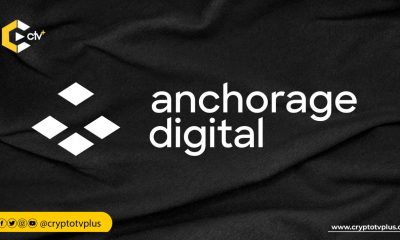News
Japan’s largest banks to test new stablecoin management platform

Three of Japan’s largest banks are set to test a new stablecoin platform. Mitsubishi UFJ Bank, Sumitomo Mitsui Banking Corporation, and Mizuho Bank are collaborating on their first joint stablecoin project to innovate Japan’s payment system.
Stablecoins are a type of cryptocurrency designed to maintain a stable value, often pegged to traditional assets like national currencies (e.g., the US dollar). Unlike regular cryptocurrencies, which can experience dramatic price fluctuations, stablecoins aim to keep their value consistent.
This stability makes them useful for everyday transactions, trading, and saving without the risk of significant price changes.
Commonly, stablecoins are backed by reserves of the currency they are tied to. In this case, the stablecoin will be pegged to the Japanese Yen. The banks aim to explore how digital currencies can be utilized in the financial sector.
The test will employ “Progmat Coin,” a platform developed by Mitsubishi UFJ Trust, following new Japanese laws effective from June 2023. Swift payments will be integrated with the stablecoin system, allowing businesses to make payments through their banks as usual.
The Progmat project is a stablecoin issuance and management platform created by Mitsubishi UFJ Trust and Banking Corporation (MUTB) and supported by Japan’s major banks, including Mizuho and Sumitomo Mitsui Banking Corporation.
The platform complies to Japanese regulations, particularly the updated Payments Services Act from June 2023, and operates with various blockchains to generate stablecoins for payments. It emphasizes legal compliance, including tax and accounting management, to ensure companies can confidently use stablecoins.
In other news, UK crypto sector struggles as FCA approves 4 of 35 applications
Progmat’s interoperability is facilitated by the Inter-Blockchain Communication (IBC) protocol, which enables faster and more flexible stablecoin transfers. The project also collaborates with companies like Datachain to develop smart contracts and enhance stablecoin market liquidity.
During this test, the three banks will partner with other companies to explore the use of stablecoins in business transactions and other payments.
They aim to leverage blockchain technology to streamline financial processes, such as eliminating the need for traditional banking instruments like letters of credit.
























